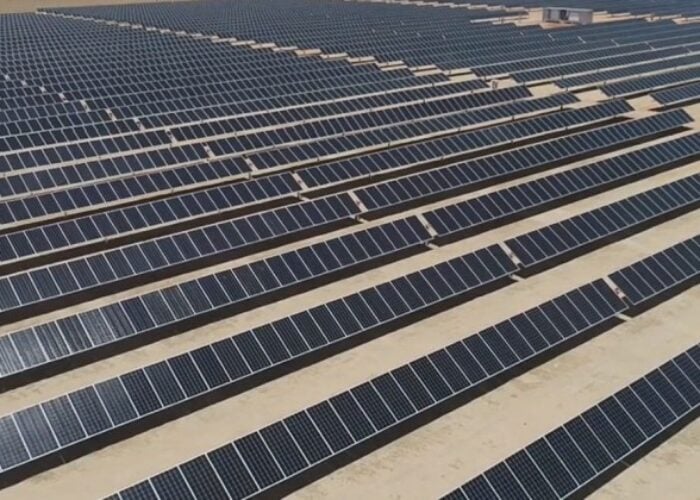Overcapacity, weak demand and uncompetitive production have forced around 90% of polysilicon producers in China to suspend production, according to news reports in China.
Only a handful of producers continue to operate plants but at low utilisation rates. GCL-Poly, Daqo and Asia Silicon were known to have continued production despite spot market prices at or below production cost levels.
Try Premium for just $1
- Full premium access for the first month at only $1
- Converts to an annual rate after 30 days unless cancelled
- Cancel anytime during the trial period
Premium Benefits
- Expert industry analysis and interviews
- Digital access to PV Tech Power journal
- Exclusive event discounts
Or get the full Premium subscription right away
Or continue reading this article for free
Chinese polysilicon producers were said to also have been impacted by a rise in imported polysilicon from the major producers in Europe and the US. Reports cited that imported polysilicon had increased 26% since the beginning of the year, while ASPs were approximately 61% down from a year ago.
China’s largest producer, GCL-Poly recently reported a significant production fall to 7,631MT in Q3 2012, down from 12,998MT in Q2 2012.
Shipments of polysilicon followed the production decline as GCL-Poly reported only 657MT of shipments in Q3, down from 5,971MT in Q2. GCL-Poly had a nameplate capacity of 65,000MT, after several years of aggressive capacity building to become a market leader and offer competitive costs against rivals from overseas.
LDK Solar, which had a total of 17,000MT annual capacity, recently closedown all polysilicon production. The company had said that technology upgrades were being implemented to significantly reduce production costs. However, a re-start of production could be a second-half 2013 affair.
Daqo New Energy, a relatively small but newer entrant, employing advanced production technology recently guided Q4 2012 shipments would down almost 50%, q-on-q and is unable to make profits on low prices as its scale limits cost competitive production.
However, polysilicon companies across the globe are suffering from weaker sales and plummeting prices. Expansion plans by Korean producer, OCI were recently halted, while German producer, Wacker would also delay production of its new facility, currently under construction in the US.
Small, UK-based wafer supplier, PV Crystalox announced today (13/12/12) that it would permanently close its polysilicon plant in Germany, which had previously suspended production.
Despite companies reducing production, closing plants and exiting the sector, new entrants continue to emerge. Companies such as Qatar Solar Technologies (QSTec) have secured financing for the construction of a US$1 billion polysilicon plant with the aim to build a PV sector in the Middle East as well as become an international supplier of the material.






